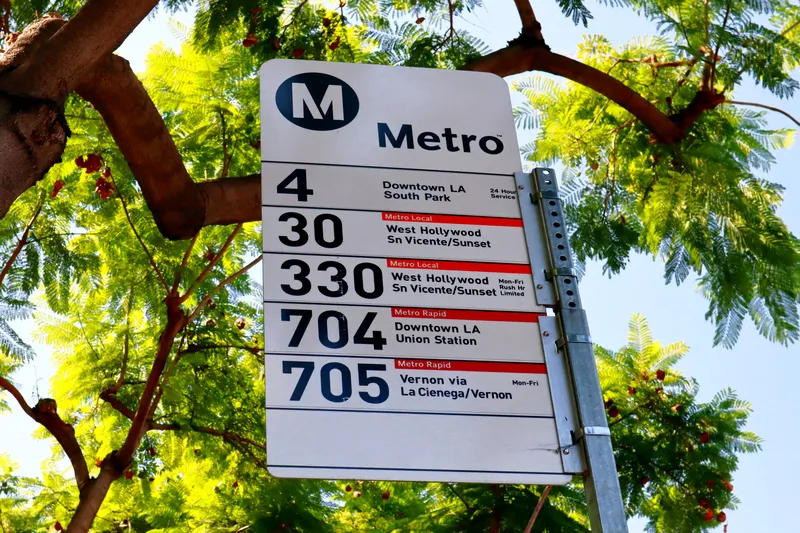Norfolk County Council has awarded a five year, US$770,000 contract to highways asset management software provider Yotta. The deal includes Internet hosted versions of Mayrise highways and street works software, as well as Yotta’s visualised asset management platform, Horizons.
The contract also includes multi-platform support for mobile devices as well as integration with the Council’s customer relationship management (CRM), finance system and third party contractor works management system. The Mayrise
September 10, 2015
Read time: 2 mins
Norfolk County Council has awarded a five year, US$770,000 contract to highways asset management software provider 7606 Yotta. The deal includes Internet hosted versions of Mayrise highways and street works software, as well as Yotta’s visualised asset management platform, Horizons.
The contract also includes multi-platform support for mobile devices as well as integration with the Council’s customer relationship management (CRM), finance system and third party contractor works management system. The Mayrise and Horizons solutions will also be interfaced with the Council’s online mapping portal, giving visibility of planned works and allowing for the monitoring of reported defects.
The combined software and support will allow the Council to manage its duties under the Traffic Management Act, as well as operate the region’s Street Works Permit Scheme introduced in 2014. The Yotta solution will also allow for identification and prioritisation of highway maintenance and improvement schemes through the use of multi-criteria analysis, as well as the end to end process of defect reporting through system integration and mobile working.
“We are the third largest county in England with the second largest highway network, comprising some 200,000 assets across 6,000 miles. Like all Local Authorities, we are also experiencing challenges with ageing infrastructure, a growing demand for services and reduced budgets,” commented Tracy Jessop, assistant director for Highways and Transport at Norfolk County Council. “In order to meet these challenges we are exploring different ways of working with a number of initiatives to drive down costs. At the same time we need to improve infrastructure to keep Norfolk a great place to live and do business. Making the most from mobile working will provide us with significant and ongoing efficiency savings.”
“This is our largest Local Authority contract to date and represents our commitment to extending the scope and scale of our business,” commented Nick Smee, CEO of Yotta. “We have been able to demonstrate a thorough understanding of Norfolk’s requirements and challenges and have proven solutions that will help them implement new working practices, achieve efficiency gains and benefit from our ongoing commitment to innovation.”
The contract also includes multi-platform support for mobile devices as well as integration with the Council’s customer relationship management (CRM), finance system and third party contractor works management system. The Mayrise and Horizons solutions will also be interfaced with the Council’s online mapping portal, giving visibility of planned works and allowing for the monitoring of reported defects.
The combined software and support will allow the Council to manage its duties under the Traffic Management Act, as well as operate the region’s Street Works Permit Scheme introduced in 2014. The Yotta solution will also allow for identification and prioritisation of highway maintenance and improvement schemes through the use of multi-criteria analysis, as well as the end to end process of defect reporting through system integration and mobile working.
“We are the third largest county in England with the second largest highway network, comprising some 200,000 assets across 6,000 miles. Like all Local Authorities, we are also experiencing challenges with ageing infrastructure, a growing demand for services and reduced budgets,” commented Tracy Jessop, assistant director for Highways and Transport at Norfolk County Council. “In order to meet these challenges we are exploring different ways of working with a number of initiatives to drive down costs. At the same time we need to improve infrastructure to keep Norfolk a great place to live and do business. Making the most from mobile working will provide us with significant and ongoing efficiency savings.”
“This is our largest Local Authority contract to date and represents our commitment to extending the scope and scale of our business,” commented Nick Smee, CEO of Yotta. “We have been able to demonstrate a thorough understanding of Norfolk’s requirements and challenges and have proven solutions that will help them implement new working practices, achieve efficiency gains and benefit from our ongoing commitment to innovation.”









